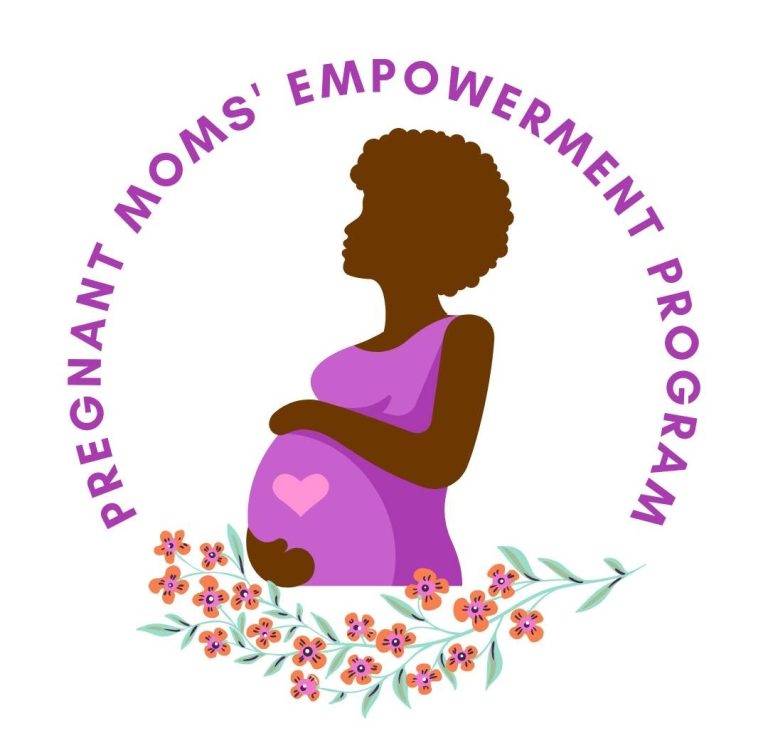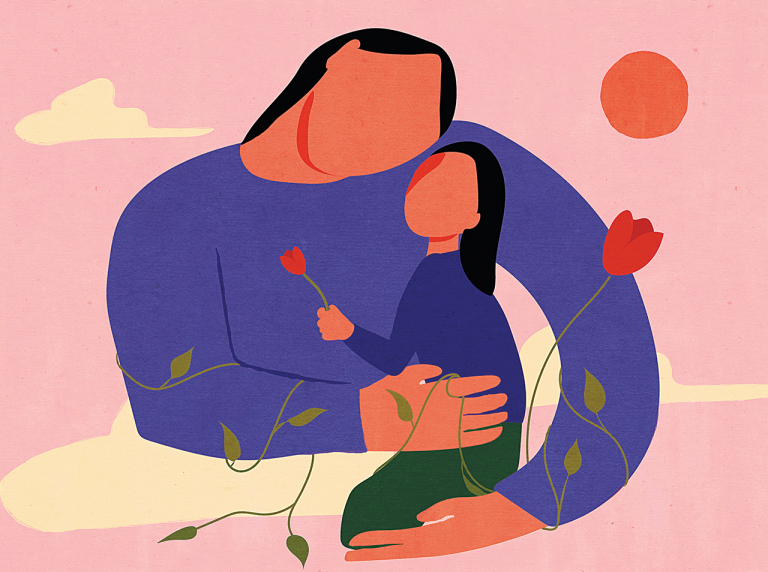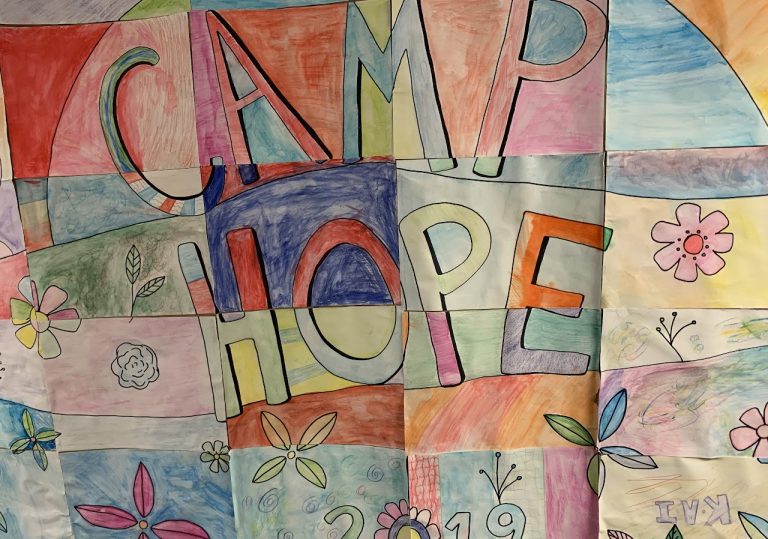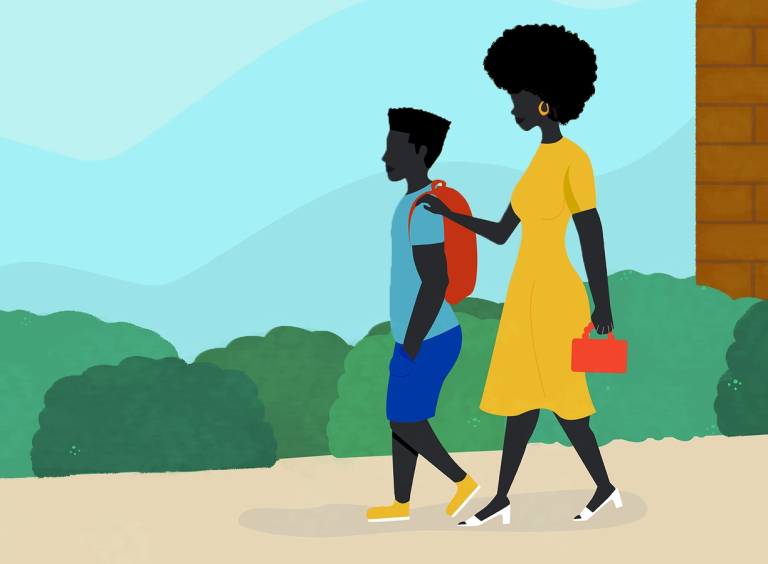Resilience Uniting Bereaved Youth (RUBY) & Grief and Resilience Among Children and their Environment (GRACE)
In collaboration with the Center for Good Grief, RUBY examined the impact of grief, communication, mental health, parenting, coping, and resilience among treatment-seeking bereaved youth and their caregivers. GRACE was conducted as an expansion of RUBY to examine the impact of bereavement on families that had not participated in treatment. This project is complete and data are available for analysis.


Pregnant Moms’ Empowerment Program (PMEP) Pilot Focus Groups and Intervention
PMEP Pilot involved service provider and pregnant caregiver focus groups where participants provided feedback about engagement, healthy families and relationships, enhancing safety, reducing revictimization, increasing positive parenting, reducing depression and posttraumatic stress, enhancing resilience, and improving caregiver and infant health outcomes.
Following the incorporation of focus group feedback, a pilot version of the PMEP intervention was implemented with 137 pregnant women. Data were collected across five time points. This project is complete and data are available for analysis.
Evaluation of The Institute for Interdisciplinary Memphis Partnerships to Advance Community Transformation (iIMPACT)
The Institute for Interdisciplinary Memphis Partnerships to Advance Community Transformation (iIMPACT) serves as a catalyst for collaborative, cross-disciplinary prevention and mitigation of adverse childhood experiences (ACES) and their consequences. The intention of the iIMPACT evaluation was to assess risk and resilience factors across families, and how those factors related to the various iIMPACT programs. This project was conducted in partnership with Dr. Debra Bartelli and the School of Public Health at the University of Memphis. This project is complete and data are available for analysis.


Examining Resilience in Youth Exposed to Adversity (PaTH Kids)
This NIH-funded study is an extension of the Parenting through Hardships Study (described below) completed in collaboration with Dr. Idia Thurston and the CHANGE Lab at Northeastern University. This study aimed to understand how SAVA (substance use, violence, HIV/AIDS) in mothers may be associated with youth resilience and psychopathology. Community partnerships for this project included the Family Safety Center of Memphis, Friends for Life, St. Jude, and Grace House of Memphis. This project is complete and data are available for analysis.
Camp HOPE
Camp HOPE America is an evidence-based camping and mentoring program for children experiencing potentially traumatic events. The camp’s goal is to increase positive functioning and adaptive behaviors in children exposed to adversity. The REACH lab partnered with the Family Safety Center in Memphis to conduct an evaluation of the camp’s effectiveness in improving youth mental health and resilience. This project is complete and data are available for analysis.


Parenting Through Hardships (PaTH) Study
In collaboration with Dr. Idia Thurston and the CHANGE Lab, the PaTH study examined the collective prevalence of SAVA variables (substance use, violence, HIV/AIDS) among violence-exposed women who were the primary caregivers of children ages 6-14. The PaTH study also determined associations between SAVA and parenting, in addition to examining mediators of this relationship. This project is complete and data are available for analysis.
Stress in Obese Adolescents and their Resilience (SOAR) Study
Funded by NIH, the SOAR study examined differences in stress and resilience among Black youth with and without obesity-related metabolic complications. The goal of this project was to develop effective strategies for promoting metabolic health. The SOAR study was conducted in partnership with Dr. Idia Thurston at Northeastern University. This project is complete and data are available for analysis.


College Race and Stress Study
Emerging adulthood is a time of identity exploration, yet few studies have assessed the relationships among racial identity, life experiences, and the challenges associated with being an emerging adult college student. This study examined how racial views and stress influenced young adults’ mental health, resilience, and functioning. This project is complete and data are available for analysis.
The Community Violence Exposure (CVE) Study
This multi-site study examined how college students’ experiences with difficult or upsetting events in their community influenced them as young adults. Specifically, this study assessed types of community violence exposure that may have been experienced by participants and how that influenced problematic emotional, social, and behavioral issues during emerging adulthood. Resilient processes and adaptive functioning were also assessed. Of specific interest were factors that predicted positive functioning following exposure to violence during childhood. This project was conducted in conjunction with Dr. Rachel Wamser at the University of Missouri-St. Louis, utilizing web-based participation from college students at these respective universities. This project is complete and data are available for analysis.



Childhood Loss and Trauma Study
This study investigated the impact of childhood and young adulthood traumatic events, and how those events link to problematic emotional, social and behavioral issues later in life. In addition to negative outcomes, resilient processes following traumatic events were also assessed. The goal was to understand how the effects of childhood traumatic events were similar to or different from the effects of recent traumatic events in young adults. Data from this study has been archived and is no longer available for analysis.
College Retrospective Violence Exposure Study
This multi-site study examined how exposure to different forms of violence in childhood related to mental health outcomes in young adulthood. Of specific interest were factors that predicted positive functioning following exposure to violence during childhood. In addition, this study assessed how college students perceived rates of violence and attitudes about the acceptability of violence, both at a national and international level. Data for this study have been collected and analyzed at The University of Memphis (PI: Kathryn Howell, PhD), the University of Notre Dame (PI: Laura Miller-Graff, PhD), and the University of Michigan (PI: Erin Hunter, PhD). Data from this study has been archived and is no longer available for analysis.
